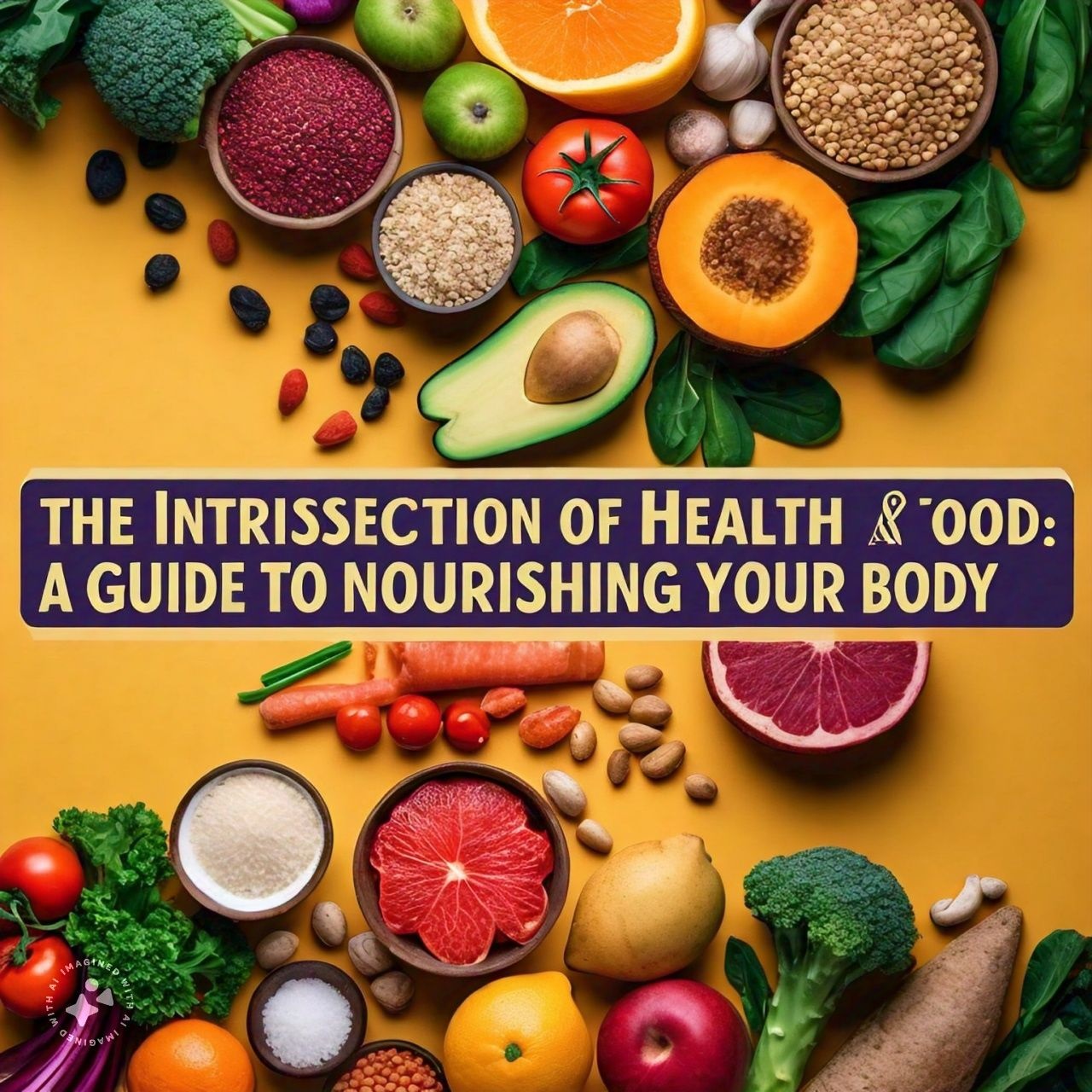 |
| Image Credit: AI |
Dr. Z. M. Shah
The relationship between health and
food is undeniable, as what we eat directly impacts our well-being. In this
article, we explore the essential aspects of this intersection, focusing on how
food choices affect health and providing practical tips for a nutritious diet.
1. Importance of Healthy Eating:
Eating a balanced and nutritious
diet is crucial for maintaining overall health and well-being. A diet rich in
vitamins, minerals, antioxidants, and essential nutrients supports immune
function, boosts energy levels, and reduces the risk of chronic diseases.
2. Why Food is Medicine?
The foods we eat directly impact our physical health. They provide essential nutrients like vitamins, minerals, and antioxidants that play a crucial role in various bodily functions:
Disease Prevention: Certain foods
are packed with antioxidants and anti-inflammatory compounds that can help ward
off chronic diseases like heart disease, diabetes, and some cancers.
Improved Gut Health: A healthy gut
microbiome is essential for overall health and digestion. Prebiotic and
probiotic-rich foods can nourish gut bacteria, boosting immunity and promoting
digestive well-being.
Enhanced Energy Levels: Complex
carbohydrates, lean protein, and healthy fats provide sustained energy
throughout the day, keeping you feeling energized and focused.
3. Nutrient-Rich Foods for Optimal Health:
Fruits and Vegetables: These are
rich sources of vitamins, minerals, and antioxidants that support a strong
immune system and promote heart health.
Whole Grains: Incorporating whole
grains like quinoa, brown rice, and oats provides fiber, B vitamins, and
minerals, aiding in digestion and reducing the risk of diabetes.
Lean Proteins: Include lean sources
of protein such as poultry, fish, beans, and legumes for muscle repair,
satiety, and overall cellular function.
Healthy Fats: Choose foods high in
healthy fats like avocados, nuts, seeds, and olive oil for brain health, heart
health, and inflammation reduction.
4. Balancing Macronutrients for Health:
A well-balanced diet consists of
macronutrients—carbohydrates, proteins, and fats—in appropriate proportions.
Aim to include a variety of foods from each group to meet your body's
nutritional needs and maintain energy levels throughout the day.
5. Mindful Eating Practices:
Practicing mindful eating involves
being present and aware of your food choices, eating habits, and hunger cues.
Slow down during meals, savor each bite, and pay attention to portion sizes to
prevent overeating and promote digestion.
6. Incorporating Superfoods for Added Health Benefits:
Superfoods are nutrient-dense foods
with exceptional health benefits. Include superfoods like berries, leafy
greens, chia seeds, and turmeric in your diet to boost antioxidant intake,
support brain health, and reduce inflammation.
7. Hydration and Health:
Proper hydration is essential for
optimal health and digestion. Aim to drink an adequate amount of water
throughout the day and consider incorporating hydrating foods like cucumbers,
watermelon, and herbal teas into your diet.
8. Tips for Creating a Health-Conscious Food Environment:
- Stock your pantry and fridge with nutritious options like fresh produce, whole grains, and healthy snacks.
- Plan and prepare meals ahead of time to avoid relying on processed or convenience foods.
- Experiment with new recipes and cooking methods to make healthy eating enjoyable and sustainable.
The relationship between health and
food is multifaceted, with dietary choices playing a significant role in
overall well-being. By prioritizing nutrient-rich foods, practicing mindful
eating, and creating a health-conscious food environment, you can nourish your
body, support longevity, and enhance quality of life.

Post a Comment